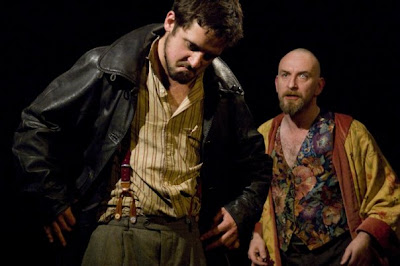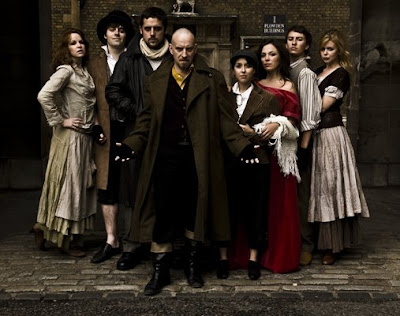Over the last few years there’s been a growing call in the UK drama industry for a move to a US-style system, where the person in charge of a TV programme is also a writer. In this country I’m only aware of two shows that do this: Doctor Who and Holby City.
Unfortunately, this system is often incorrectly called the showrunner system.
Every show has a showrunner.
The showrunner is the person who makes the final decisions, creative and otherwise.
Sure, networks and studios give notes, and they can cancel the show or fire the showrunner if they don’t get implemented, but the person who who gets to make the final decision on what happens and what doesn’t – that’s the showrunner.
The UK has showrunners too. They’re mostly producers without a writing background, who came up through script editing and script development – the same as the US system used to be up until the 70s.
(It’s still possible in both the UK and US systems to have someone who’s in charge of all the writing of a show, without being in charge of the production. In this case, they’re usually referred to as the Lead Writer, but the person in overall charge of the production is the showrunner.)
Most showrunners in the US, however, were hired as writers first, and learned their producing trade over the years. There’s a career path in the US writers room system, from Staff Writer all the way up to showrunner, and the amount of producing duties involved grow as you work up the ladder.
I personally believe that having a writer-producer in charge is the way forward for television series. Now you can call that the writer-showrunner system, or the US system, but let’s not call that the showrunner system.
Because we already have showrunners.



